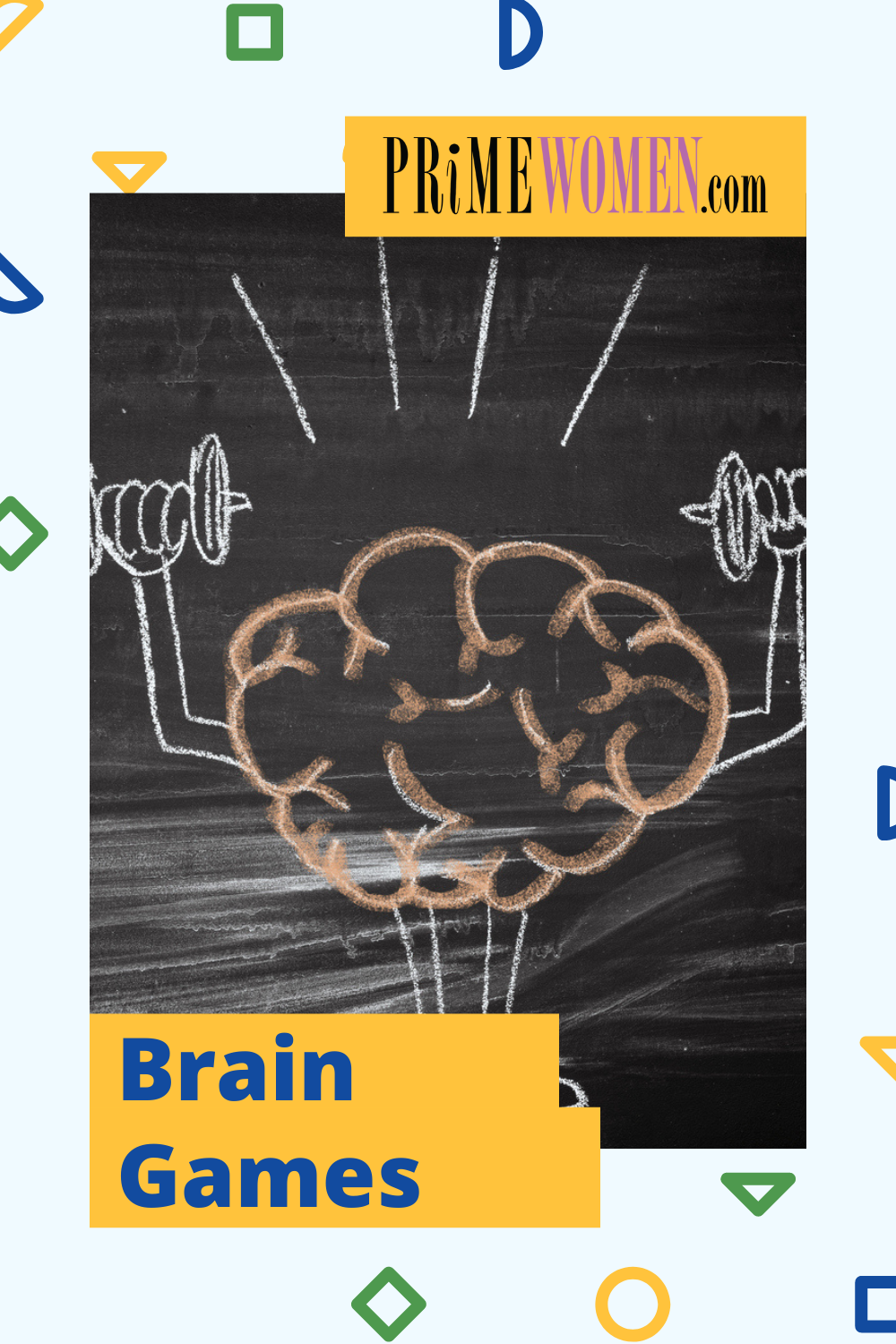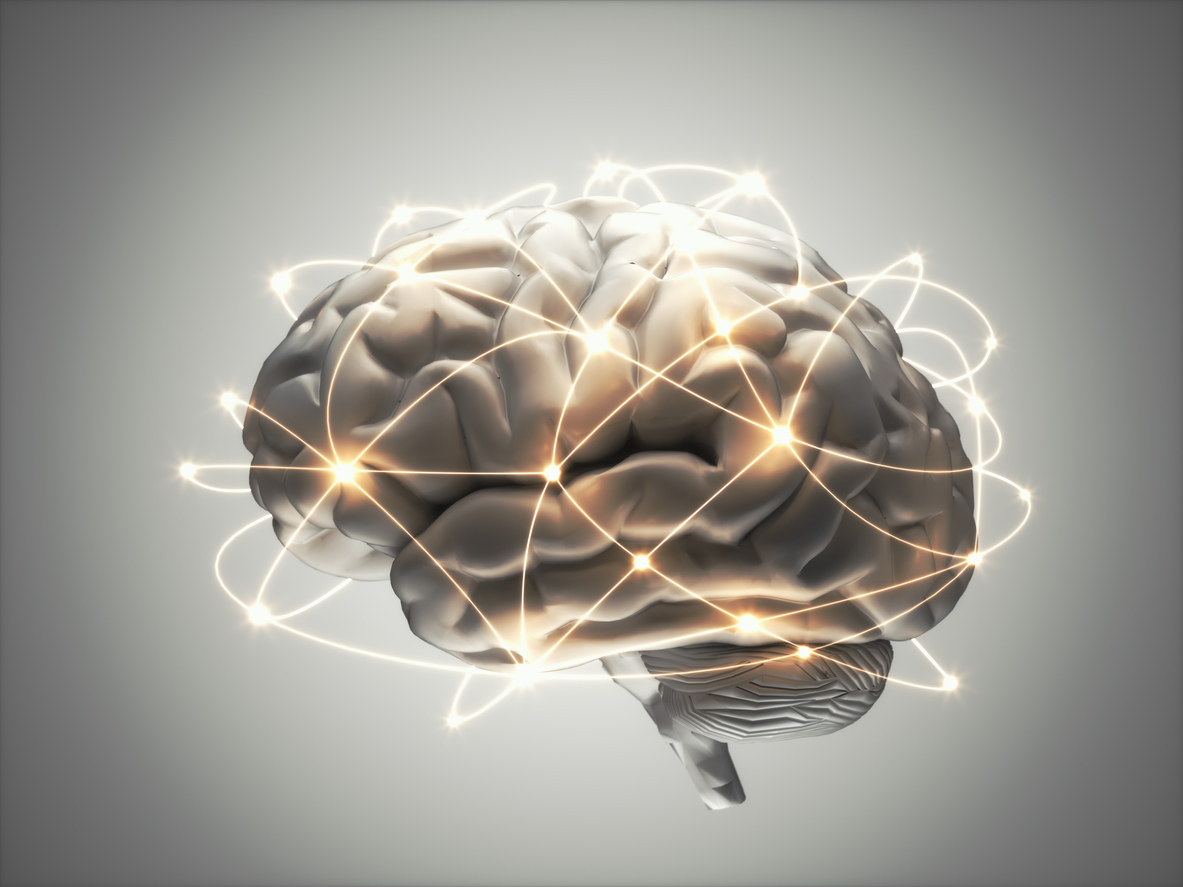Have you tried some of the computerized cognition training games and programs that have become available in the last few years? They show great promise for helping to keep our memory sharp and our thinking crisp and could very well be a natural dementia prevention. From the University of British Columbia, Vancouver, Dr. Leanne ten Brinke’s recent findings might add even more benefits to our game time.
With over 55 million people worldwide diagnosed with dementia in 2020, with that number expected to double every 20 years, finding non-pharmaceutical (and fun) ways to preserve and enhance our cognitive function has moved front and center. Computerized cognitive training (CCT) programs in the form of online games and online skill-challenging exercises show promise and have quickly gained the attention of researchers. Think of them as aerobic exercise for the brain.
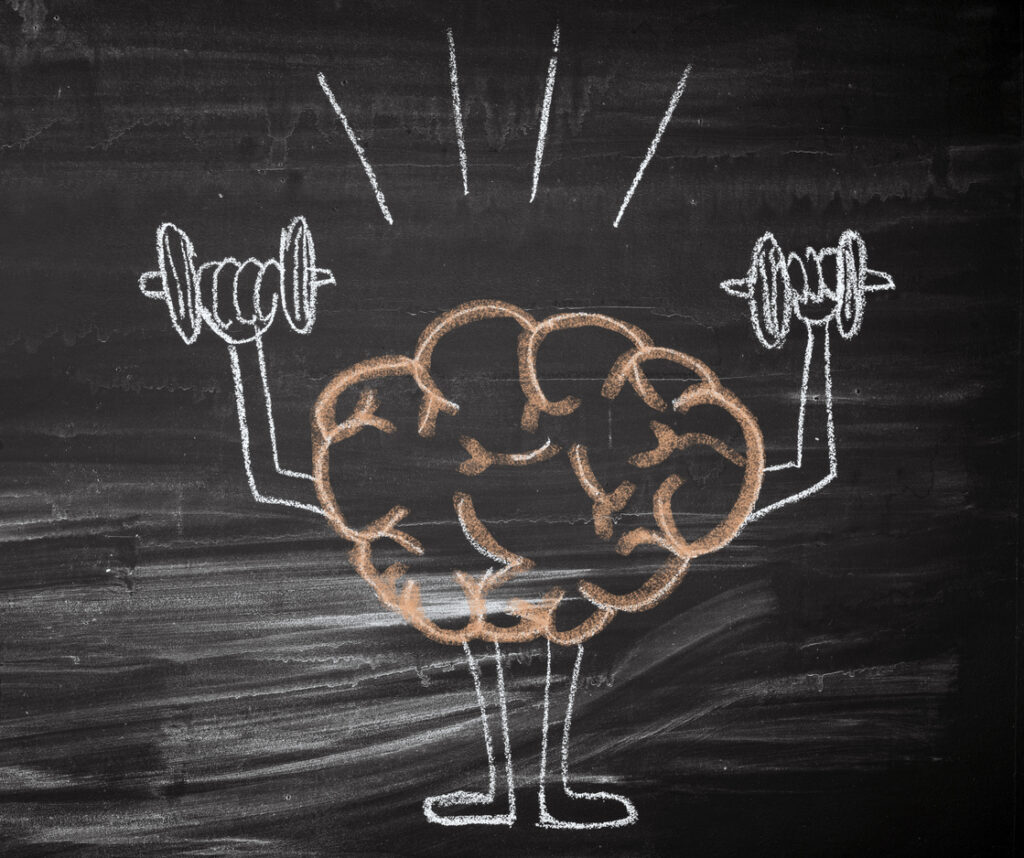
How Exercise Benefits Us Physically and Mentally
We now know for an indisputable fact that regular aerobic exercise slows down our aging, helps preserve all our bodily functions, can alleviate depression, keeps us healthier and more disease-resistant, and makes us look years younger, to mention just a few of the perks we experience from frequent exercise. We know it also keeps our brain humming and in fighting form. Dr. Leanne ten Brinke paired exercise and CCT together and uncovered a powerful partnership.
Participants in her study began their CCT time with 15 minutes of aerobic exercise, in this case, brisk walking, before sitting down at the keyboard. After eight weeks, the participants who added this extra fifteen-minute protocol three or more times per week had significantly better executive functions—those mental skills dealing with our working memory, self-control, and flexible thinking. This pairing also helped clear brain fog. The golden nugget in the research? Those showing the most significant rewards added this protocol into their day six times a week for the eight weeks.
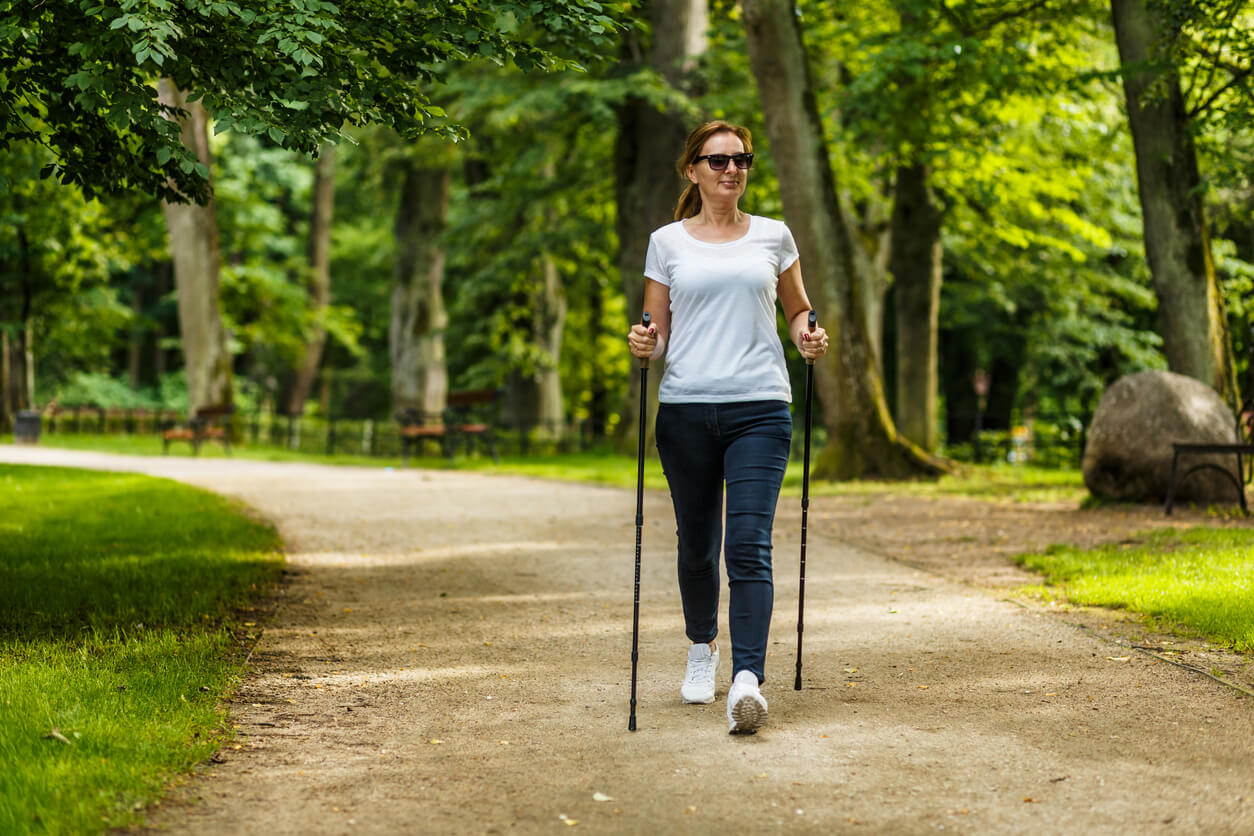
Our Aging Brain
As we get older, our ability to focus may become more difficult. We might find it harder to keep a check on our emotions, both positive and negative, and we may have more trouble following directions. These all indicate a decline in the executive functioning parts of our brain. Aerobic exercise increases the production of several important chemicals that help our brain grow and change– something called neuroplasticity– and acts as a vehicle for accelerated positive change in the areas affecting our executive functions. This elevated state supercharges the making of new brain cells and strengthens our neural connections for one hour post-exercise.
One key to the participants’ improved executive functioning was cranking up the intensity of their walks over the eight weeks. They began with a light pace – 45% maximum heart rate – and increased it through weeks 5-8 to reach 60-85% of their maximum heart rate. Additionally, their fitness level increased, so they experienced many extra age-slowing health advantages!
So, what caused the participants to ace their CCT games after working up a mild sweat? It seems that adding even one moderate-intensity exercise session before their cognitive training sessions stimulated the production of cortisol, which, in this case, is all positive. Cortisol has two faces—the negative one that’s a result of too much stress in our lives and causes organ and brain damage if left unchecked, and the positive one that’s released through exercise and duly supports and enhances learning and memory, especially when a mentally-challenging session follows during cooling down.

Steps to a Healthier Brain
Looking at what is out there to help stimulate our brain, here is a list of some of the best-researched offerings.
Apps and Websites
Happy Neuron
Happy Neuron© has sound science behind it and is endorsed by therapists specializing in cognitive enhancement therapy. It works on five important brain functions: memory, attention, language, executive functions, and visual/spatial relationships. The site charges a monthly subscription fee, but a simpler version is available for Androids.
Luminosity
One of the most established brain training and mental enhancement programs is Luminosity©. It has research from both the Luminosity team and independent sources. You can sign up for a free account to play up to three games a day. They also offer a subscription service with a great choice of games. One great feature is the ability to keep track of your progress, which is a visual way to see your results and improvement.
Elevate
Elevate© is an app with more than thirty-five different brain games. It’s free with an in-app purchase and has received tens of thousands of five-star reviews for both iOS and Android versions. These games focus on reading, writing, speaking, and math, with the ability to customize your training to your area of interest. It also has tracking to watch your improvement.
After reading about this new development in cognitive preservation and enhancement, I am adding this winning combo to my self-care list, as well as incorporating more brain games into my daily routine. I shall keep you posted!
These new findings are indeed exciting. I look forward to more research in the near future that further supports adding exercise to the mix of different cognitive-enhancing practices.
Until next time…Be Vibrant!
Brain Games
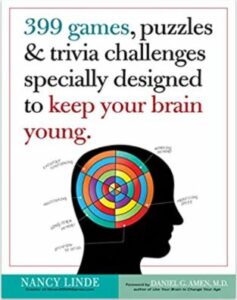
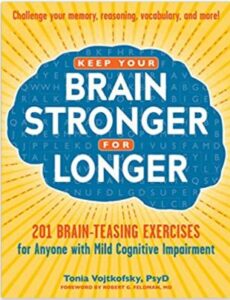

Supplements for Your Brain
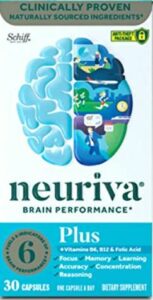
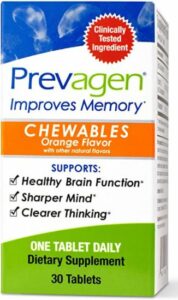
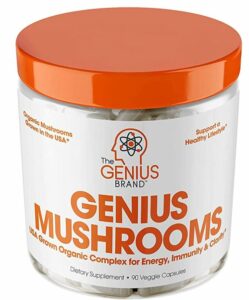
Read Next:
Top 5 Foods That Cause Brain Fog
4 Steps to Rewire Your Brain and Feel Happier
What Running ACTUALLY Does To Our Brains
